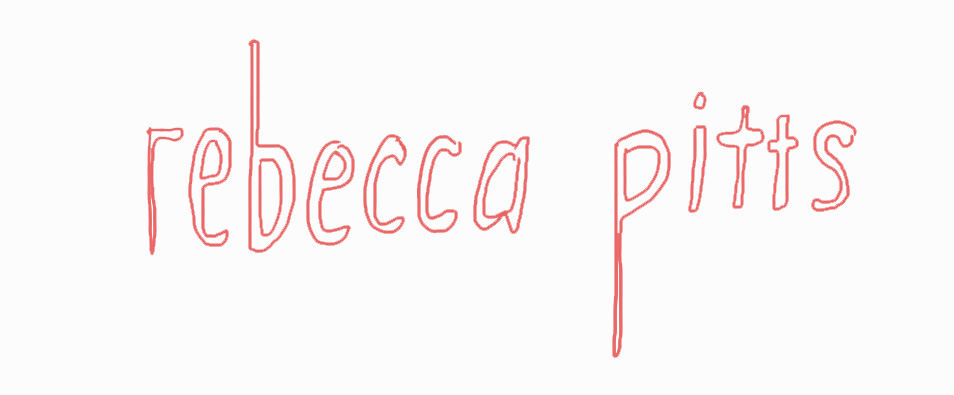Home is a book that says: people are different. We look different, we live in different places, we do different things, we have different experiences. It is a wonderful deep-dive into the idea of diversity, with bits of surreal other-worldliness mixed in.
In our home, we make a point to experience the real world as a family. Raising Freethinkers: A Practical Guide for Parenting Beyond Belief is a treasure-trove of resources, exercises, and reasoned advice on non-religious parenting. Because of this wonderful volume, I am approaching many of our every-day experiences with a new lens.
Children navigate differences when they play with babies and visit 97-year-old great aunts. When we walk by the temple and talk about the people who pray there. When we go to dinner parties and Sophie sees that her friends readily eat foods that she has never tried. When we go on play dates with families who live on quiet lanes in the country or share a cozy family bedroom in a city apartment.
We are all different. And there’s room for all of us.
There is a spread in Home that compares two beings, one of the material world and one of our imagination:
It reads:
"This is the home of a Japanese businessman.
This is the home of a Norse god."
When Sophie saw these pages, she asked: "Mama, which one is which?
It is a delightful question for so many reasons!
I typically would have answered by pointing to which is which.
But after reading Raising Freethinkers, I tried something different. I didn’t tell her, at least not right away. And here’s why: her question is an opportunity. Instead of pointing and explaining who is who, I ask her—what do you see in the picture? With a lot of, “Oh, and why is that?”
Even if what she says makes little sense or defies logic.
Sure, I offer ideas and my own thoughts and observations, but I’m not correcting. I’m only adding or acknowledging.
We look at the pages and talk: about things that are real and things that are make-believe, weather and clothing, hair and beards, tools for working. A Japanese businessman is a “man who lives in Japan and goes to work with a briefcase to an office” and a Nordic God is a "super-natural being that some people believe in but is not exactly of our world."
"Like Elmo, Mom."
Her understanding and classification is not exactly accurate, sure—but her mind is in action and she is exercising her ability to think freely, make connections, and figure out her world without looking to another person—an all-powerful, all-knowing authority to tell her how to think.
"Like Elmo, Sophie."
Theirs
Home, by Carson Ellis
Yours
Raising Freethinkers: A Practical Guide for Parenting Beyond Belief, by Gale McGowan, et al.
Photos by Rebecca Pitts.








